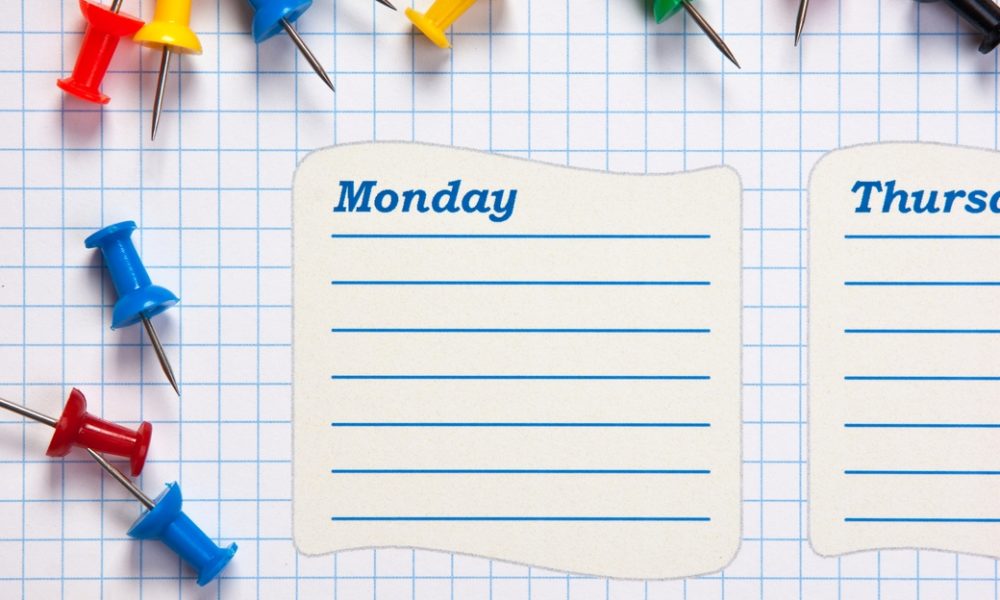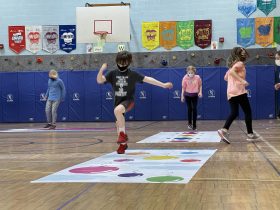Introduction:
Effective instructional design is a key component of successful teaching and learning. To ensure organized and engaging lessons, teachers rely on comprehensive tools such as lesson planners. A lesson planner serves as a roadmap for educators, outlining objectives, activities, and assessments. In this article, we will explore the benefits of using a lesson planner in enhancing teaching and learning.
I. Structure and Organization:
Clear Lesson Objectives:
A lesson planner allows teachers to define clear objectives for each lesson. By clearly outlining what students are expected to learn, teachers can structure their instruction effectively and keep their focus on key learning outcomes.
Sequential Lesson Flow:
A lesson planner helps teachers organize lessons in a logical sequence. It ensures that the lessons progress smoothly and build upon previously learned concepts. This sequential flow aids in facilitating understanding and retention of knowledge.
Time Management:
With a lesson planner, teachers can allocate appropriate time for each activity or topic. It helps in managing instructional time effectively, ensuring that all important content is covered without rushing or running out of time. Time management is crucial for maintaining a balanced and engaging learning experience.
II. Differentiated Instruction:
Individualized Learning Activities:
A lesson planner enables teachers to plan differentiated activities to accommodate the diverse needs of learners. By considering different learning styles, abilities, and interests, teachers can provide personalized learning experiences that engage and challenge students at their appropriate levels.
Varied Instructional Strategies:
Teachers can incorporate a range of instructional strategies in their lesson planner. Whether it’s group work, discussions, hands-on activities, or multimedia presentations, the lesson planner helps teachers select the most appropriate strategies to meet the learning objectives and engage students effectively.
Assessment and Feedback:
A lesson planner facilitates the integration of formative and summative assessments throughout the lesson. Teachers can plan assessment strategies that align with the learning objectives and provide timely feedback to students. This feedback helps guide students’ progress and informs instructional decisions.
III. Reflection and Adaptation:
Lesson Evaluation:
Using a lesson planner allows teachers to reflect on the effectiveness of their lessons. After teaching a lesson, teachers can evaluate its success, identifying areas of strength and areas that may need improvement. This reflection enables continuous professional growth and enhances future instructional planning.
Adaptation and Flexibility:
A lesson planner provides a structured framework for lessons, but it also allows for adaptability. Teachers can modify their lesson plans based on ongoing assessment data, student feedback, or unexpected classroom circumstances. This flexibility ensures that instruction remains responsive to student needs.
Long-Term Curriculum Mapping:
A lesson planner can be used as part of long-term curriculum mapping. Teachers can align lessons with the broader curriculum goals, ensuring a coherent and progressive learning experience for students throughout the academic year. This comprehensive planning helps in maintaining continuity and building on previous knowledge.
Conclusion:
Using a lesson planner is a valuable practice for teachers in enhancing teaching and learning. It provides structure, organization, and clarity to instructional design. By utilizing a lesson planner, teachers can effectively outline objectives, manage time, differentiate instruction, assess student progress, reflect on their teaching, and adapt their lessons. The lesson planner serves as a guide that empowers teachers to create engaging and purposeful learning experiences for their students. Investing time and effort in effective instructional design through a teacher lesson planner promotes student achievement, fosters a positive classroom environment, and supports continuous professional growth for educators.








